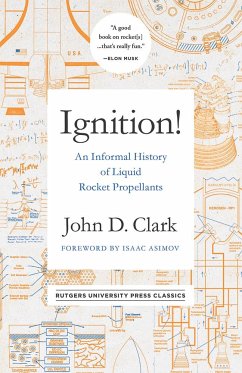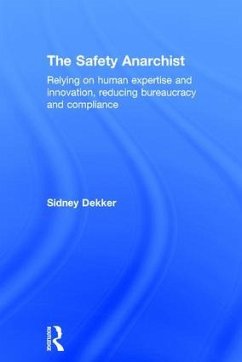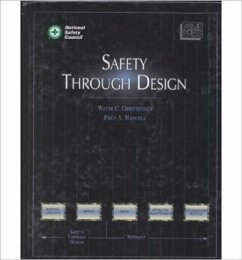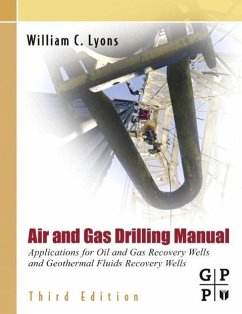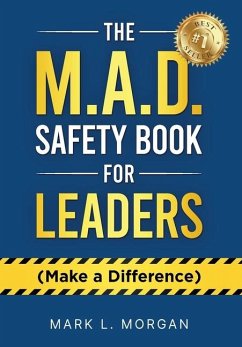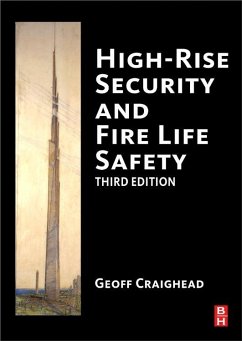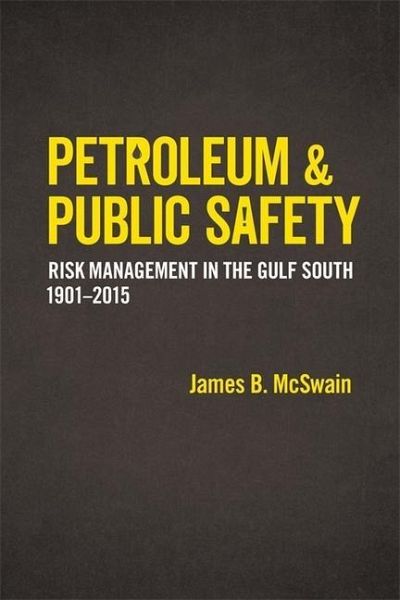
Petroleum and Public Safety
Risk Management in the Gulf South, 1901-2015

PAYBACK Punkte
26 °P sammeln!
"Using an array of research in original sources, including fire-prevention publications, newspapers, municipal records, fire-insurance documents, and risk management literature, James McSwain reveals how city officials in Houston, Galveston, New Orleans and Mobile created standards based on technical, scientific and engineering knowledge to devise politically-workable ordinances that controlled the storage and handling of fuel oil. Throughout the twentieth century, these municipalities pursued the risk management of flammable and combustible liquids, adopting voluntary, consensual fire codes i...
"Using an array of research in original sources, including fire-prevention publications, newspapers, municipal records, fire-insurance documents, and risk management literature, James McSwain reveals how city officials in Houston, Galveston, New Orleans and Mobile created standards based on technical, scientific and engineering knowledge to devise politically-workable ordinances that controlled the storage and handling of fuel oil. Throughout the twentieth century, these municipalities pursued the risk management of flammable and combustible liquids, adopting voluntary, consensual fire codes issued by code creators such as the National Board of Fire Underwriters, the National Fire Protection Association, and the Southern Standard Building Code Conference. The apex of such efforts was the International Fire Code, a joint venture cooperatively undertaken by the merger of these code groups. Each city had lengthy controversies about the regulation of crude petroleum and fuel oil. In devising ordinances, city officials pursued the politics of risk management, as they hammered out strategies to eliminate or mitigate petroleum hazards and reduce the possible consequences of catastrophic oil explosions or fires. McSwain shows that Gulf South cities, in step with incremental industrialization and public acceptance of risk management in an increasingly complex world, shared with communities throughout the South and the nation a role in modernization characterized by rule-driven, bureaucratic management of states and municipalities spurred on by two world wars and an expanding federal government"--




